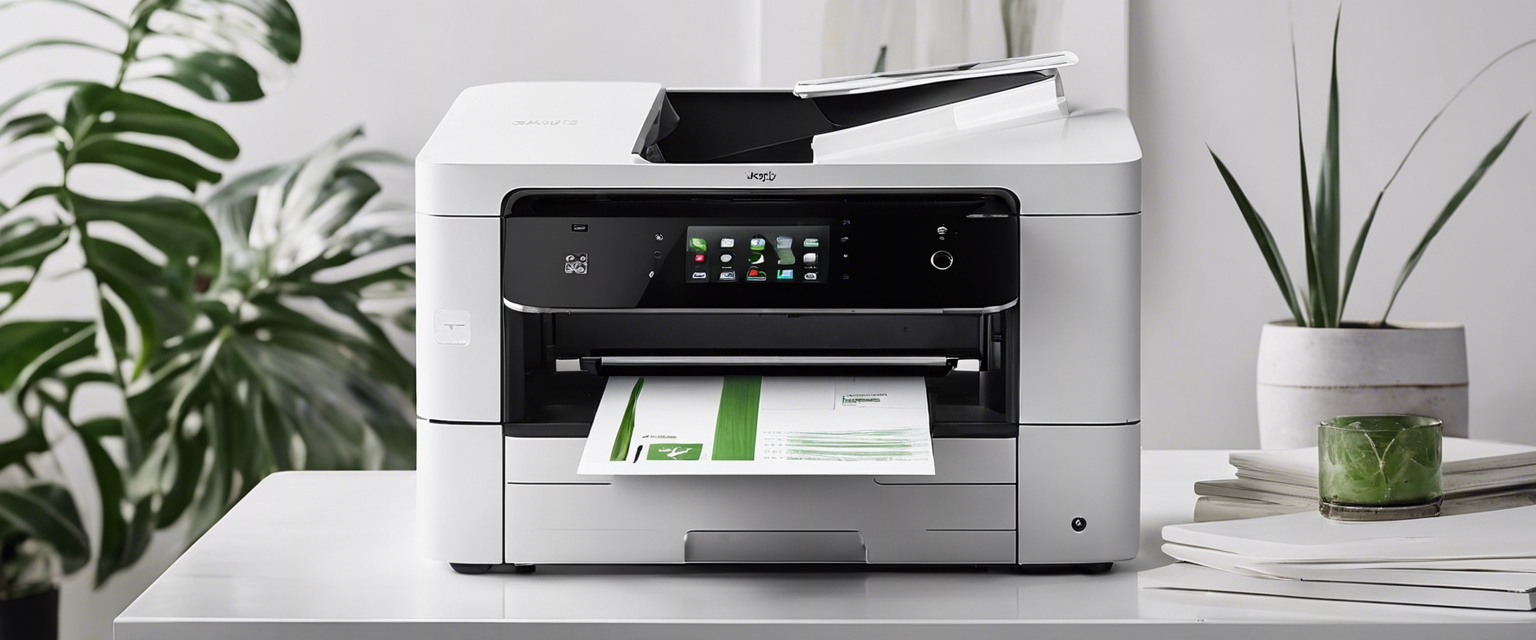The future of secure transactions with rfid technology
Radio Frequency Identification (RFID) is a form of wireless communication that uses radio waves to identify and track objects. RFID systems consist of a tag, a reader, and a processing system. The tag, which contains a microchip and an antenna, is attached to the item to be identified. When the tag comes within range of the reader, it transmits data to the reader, which then processes the information.
RFID technology has evolved significantly since its inception. Initially used for identifying airplanes, it has now become a staple in various industries for secure transaction processing. Its ability to store and remotely retrieve data has revolutionized the way businesses handle transactions, inventory, and security.
The Current State of RFID in Secure Transactions
RFID tags are widely used in retail to manage inventory and prevent theft. They enable retailers to track products throughout the supply chain, from warehouse to point of sale, ensuring that stock levels are maintained and items are not misplaced or stolen.
In access control, RFID cards and fobs are used to grant or deny entry to secure areas. This technology is prevalent in hotels, corporate buildings, and event venues, providing a high level of security and convenience for both operators and users.
RFID technology plays a crucial role in supply chain management by providing real-time visibility of goods as they move through the supply chain. This enhances efficiency, reduces errors, and improves overall operational effectiveness.
Advancements in RFID Technology
Recent advancements in RFID technology have focused on enhancing security features. Encryption and authentication protocols have been improved to prevent unauthorized access and ensure that data transmitted by RFID systems is secure.
RFID is increasingly being integrated with other technologies such as Near Field Communication (NFC) and biometrics, expanding its use cases and enhancing transaction security.
Advancements in data processing capabilities have allowed RFID systems to handle larger volumes of data more efficiently, leading to faster transaction times and improved user experiences.
RFID's Role in the Future of Transactions
RFID is set to play a significant role in the future of cashless payments. Contactless credit cards and mobile payment systems utilize RFID technology to enable quick and secure transactions without the need for physical currency.
As cities become smarter, RFID technology is being used to manage public transportation, parking systems, and other municipal services, facilitating seamless transactions and interactions within urban environments.
The integration of RFID with the Internet of Things (IoT) and big data analytics is expected to provide unprecedented levels of efficiency and insight into consumer behavior, supply chain management, and asset tracking.
Challenges and Considerations for RFID Adoption
As RFID technology becomes more pervasive, concerns about privacy and data protection have arisen. Businesses must address these concerns by implementing robust data governance policies and ensuring compliance with relevant regulations.
For RFID technology to reach its full potential, standardization across different systems and industries is crucial. Interoperability ensures that RFID systems can communicate with each other, facilitating broader adoption and more efficient operations.
While the benefits of RFID are clear, the initial investment can be significant. Businesses must carefully consider the cost and potential return on investment when implementing RFID solutions.






Comments (0)